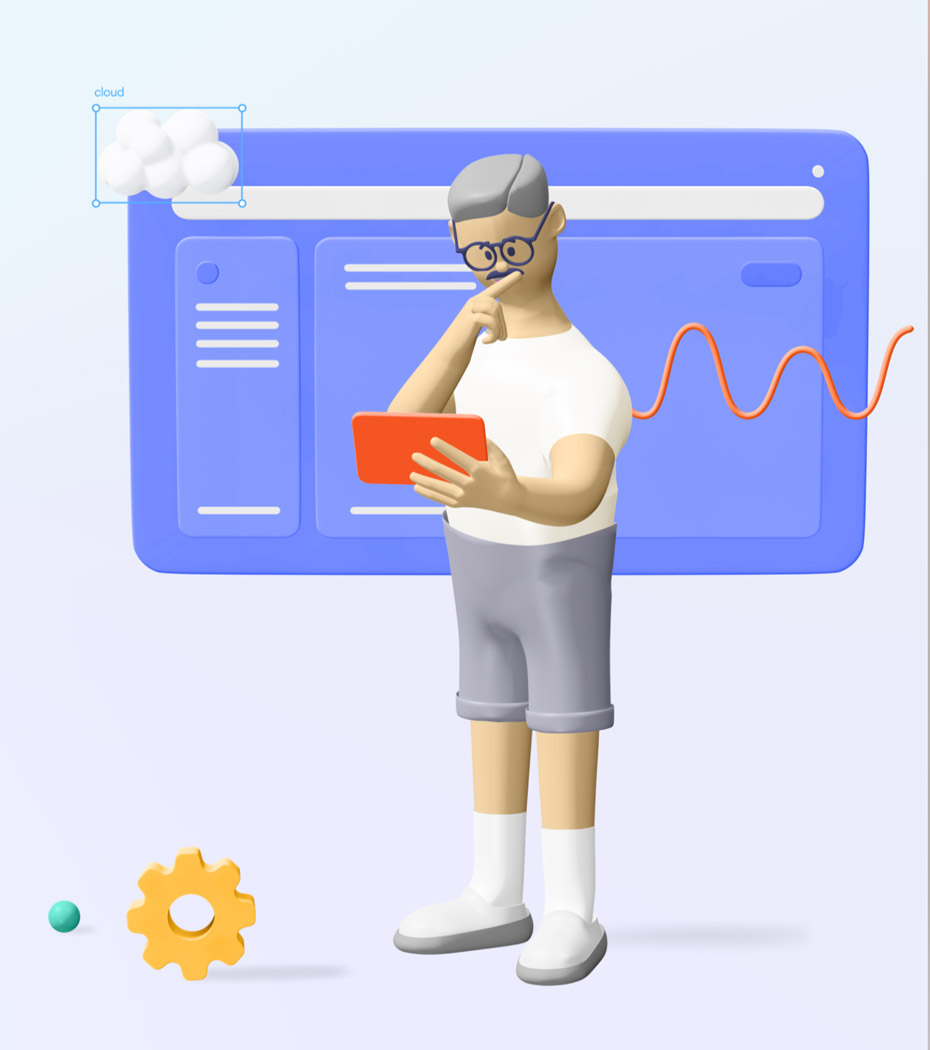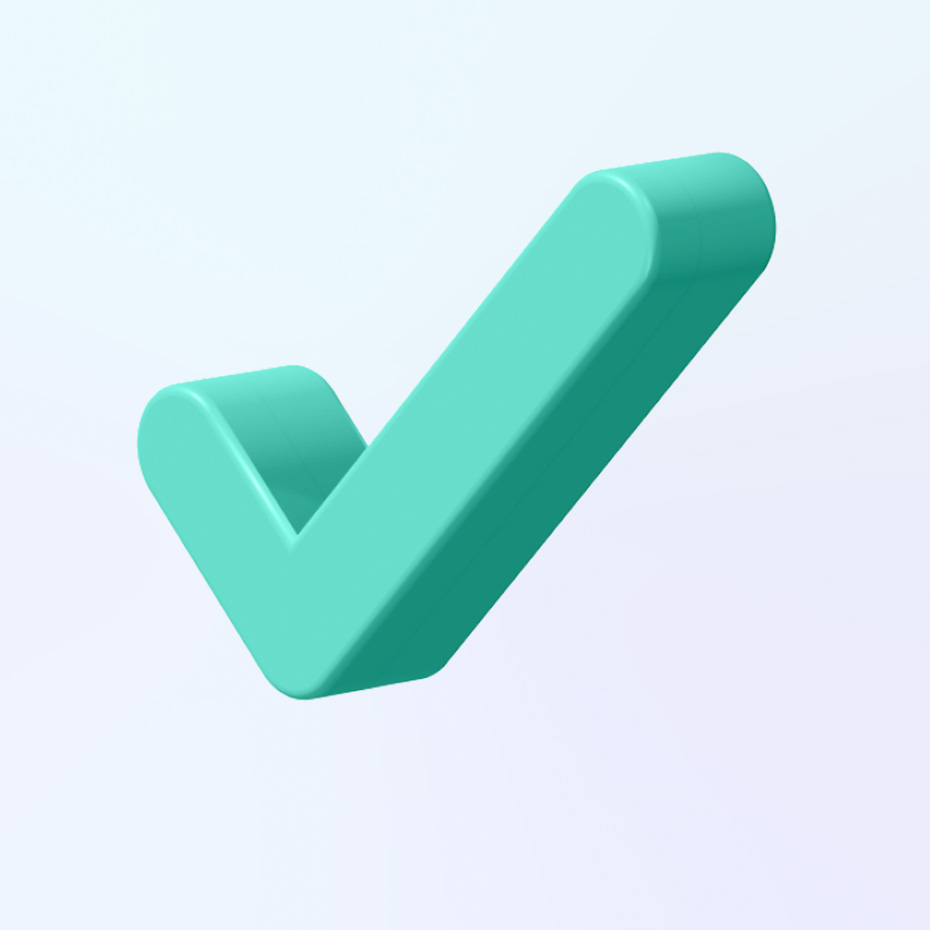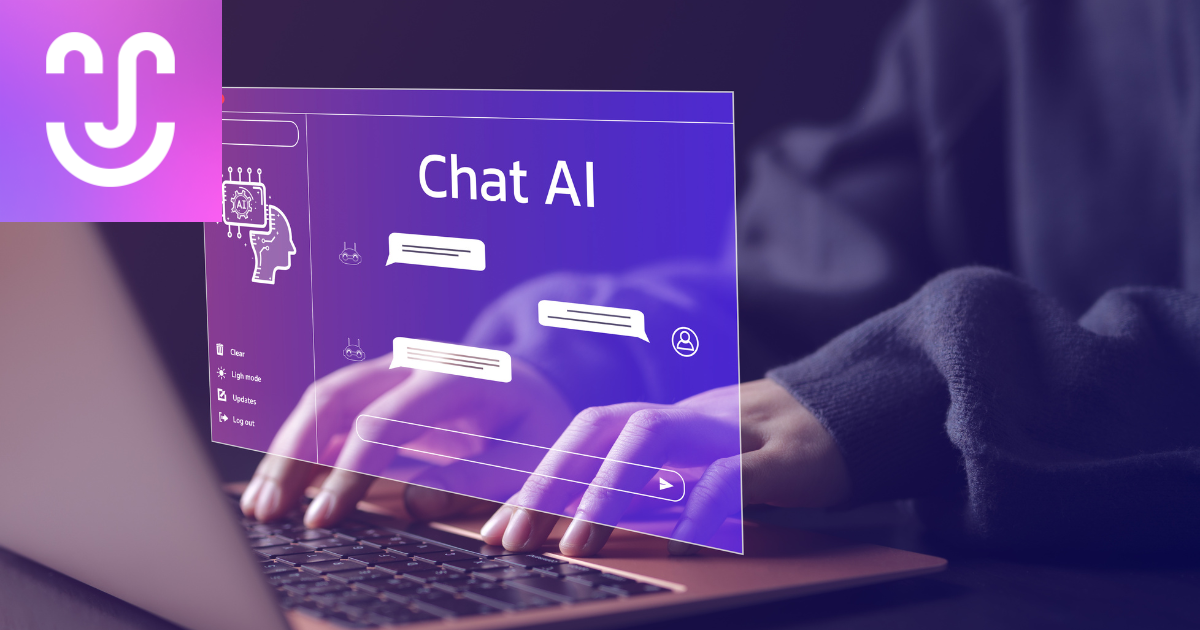Rethinking workforce planning and management with artificial intelligence
During a cold January week, in a hospital, a timetable planning team was preparing to face its burdensome weekly task. More than 60 people were engaged, immersed in a maze of Excel tables, to manually establish the schedules of different departments.
As the work quarters aligned onto the spreadsheets, the sense of urgency overwhelmed. A virulent respiratory virus was blowing out, putting the staff and the planning team at a severe test. Fifteen employees fell ill, digging a gap in the already tense staff. As if that was not enough, a weather storm hit the area, preventing some members of the team from reaching their work environment. The planning, which was so carefully crafted a week earlier, was falling apart. Nearly 50% of the planned staffing was now incorrect.
Meanwhile, in the port, a comparable situation was taking place. The dock workers had arrived early, were waiting for the ship to arrive and were ready to unload the cargo. Their schedule which was received the day before, announced a full day. But the ship was late, and the crews were waiting for the late arrival for five long hours.
At the other end of the city, in an automotive parts factory, the production management team was embarking on its daily planning task. More than 400 employees, distributed between engineers, technicians, and line operators, were mobilized in a concerted effort to orchestrate the manufacture of the parts expected by the manufacturers. Armed with complex spreadsheets and outdated management systems, they tried to coordinate assignments and production flows for the coming week.
As preparations progressed, essential equipment in the assembly chain collapsed, resulting in an unexpected shutdown of production. The production plan, carefully elaborated, had just fallen apart and this would have an impact on the entire supply chain.
Artificial intelligence for better prediction and deployment of teams
We are not in the field of fiction, but rather in the presence of a reality observed within many organizations. While employee planning software already exists on the market, few are capable of fully adapting to the operational specificities of each entity and to the constraints of collective agreements.
This is where artificial intelligence comes into play. It revolutionizes workforce planning, optimization, and allocation by leveraging the power of data to anticipate internal and external factors that impact workforce management.
Predictive planning using AI
AI uses machine learning algorithms to analyze historical data and current trends, such as production cycles, seasonal fluctuations, and demand patterns. Based on this information, it can predict future labour needs and develop initiative-taking planning that is precisely in line with operational requirements. This predictive approach enables companies to prepare effectively for periods of high activity, avoid overloads or staff shortages and maintain an optimal balance between supply and demand for labour.
Schedule planning and optimization using AI
AI considers a multitude of variables in a record time to propose optimized timetable scenarios. It assesses the skills and qualifications of employees, their preferences and time constraints, as well as legal and contractual requirements, such as collective agreements. By integrating all these elements, AI generates planning that maximizes human resource utilization while respecting individual needs and regulations.
Dynamic employee allocation
Thanks to its ability to process data in real time, AI can react quickly to unexpected changes, such as last-minute absences, changes in demand or external disturbances such as weather conditions. It continuously adjusts recommended planning to adapt to current circumstances, thereby ensuring that resources are always used optimally. This flexibility enables companies to maintain operational continuity even in the event of disruption, thereby reducing negative impacts on production and customer service.
A big step further towards optimized management
In the age of artificial intelligence and available data, it is time to rethink inefficient manual processes to gain predictability and agility. Artificial intelligence is revolutionizing scheduling, providing concrete and innovative solutions to challenges in multiple sectors.
Take our examples above to explain how AI can transform scheduling.
In a hospital centre, AI can analyze historical data to predict personnel needs based on epidemic or seasonal events-related activity peaks. This predictive capability enables initiative-taking resource allocation, ensuring optimal coverage. In addition, in case of unexpected absences, AI can immediately recalculate assignments and propose optimal replacement, considering the skills and availability of each. It can also incorporate weather forecasts to anticipate delays or absences and adjust schedules accordingly.
In a port, AI can track the position and estimated arrival time of ships in real time, enabling dynamic reassignment of teams according to the actual needs and skills required for the unloading. It can create flexible timetables that adapt to changing port activity while considering the specific skills of employees, thereby reducing team over- and under-allocation, and improving overall efficiency.
In the example of an automotive factory, AI can monitor the state of equipment in real time and predict failures before they occur, enabling preventive maintenance and avoiding unexpected production shutdowns.
AI creates schedules that anticipate demand variations, staff absences and unexpected events, thus offering optimal coverage at all times. It adjusts these schedules in real time to unforeseen events, ensuring a quick and effective response to changes. By optimally allocating resources, considering skills, preferences and legal constraints, AI maximizes employee satisfaction and operational efficiency.
Airudi, your partner in the shift to AI-HR
Chez Airudi, we have already accompanied many organizations to meet their operational and human challenges. Our expertise in AI and HR enables us to offer innovative solutions that meet the complex challenges of managing and planning the workforce.
Our innovative tools enable you to anticipate staff needs, optimize schedules, and dynamically adapt assignments to internal and external challenges.
Find out how we can help you meet your workforce management and planning challenges. Contact us to explore together the possibilities of our innovative solutions and take the step towards rethink and optimized management.
Amanda Arciero, M.Sc., CRHA
Vice President, Operations
amanda.arciero@airudi.com











